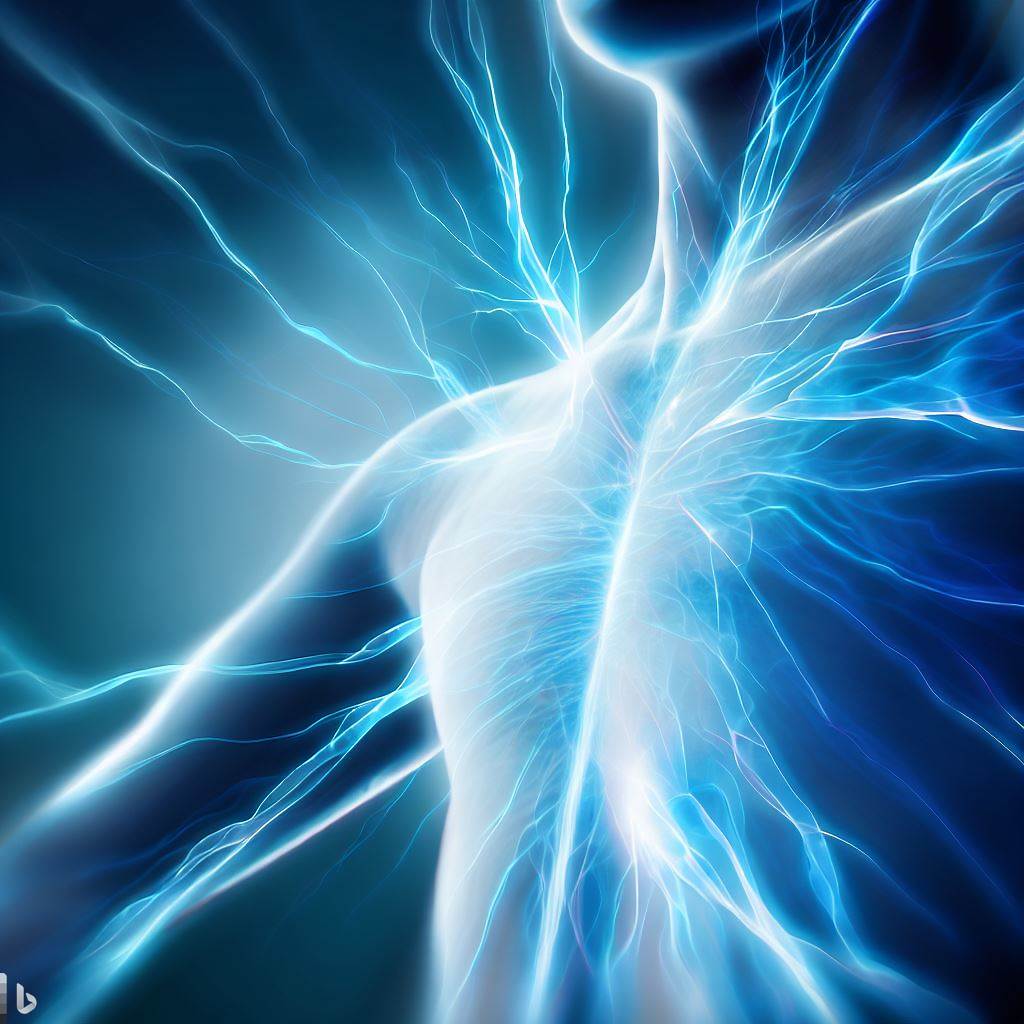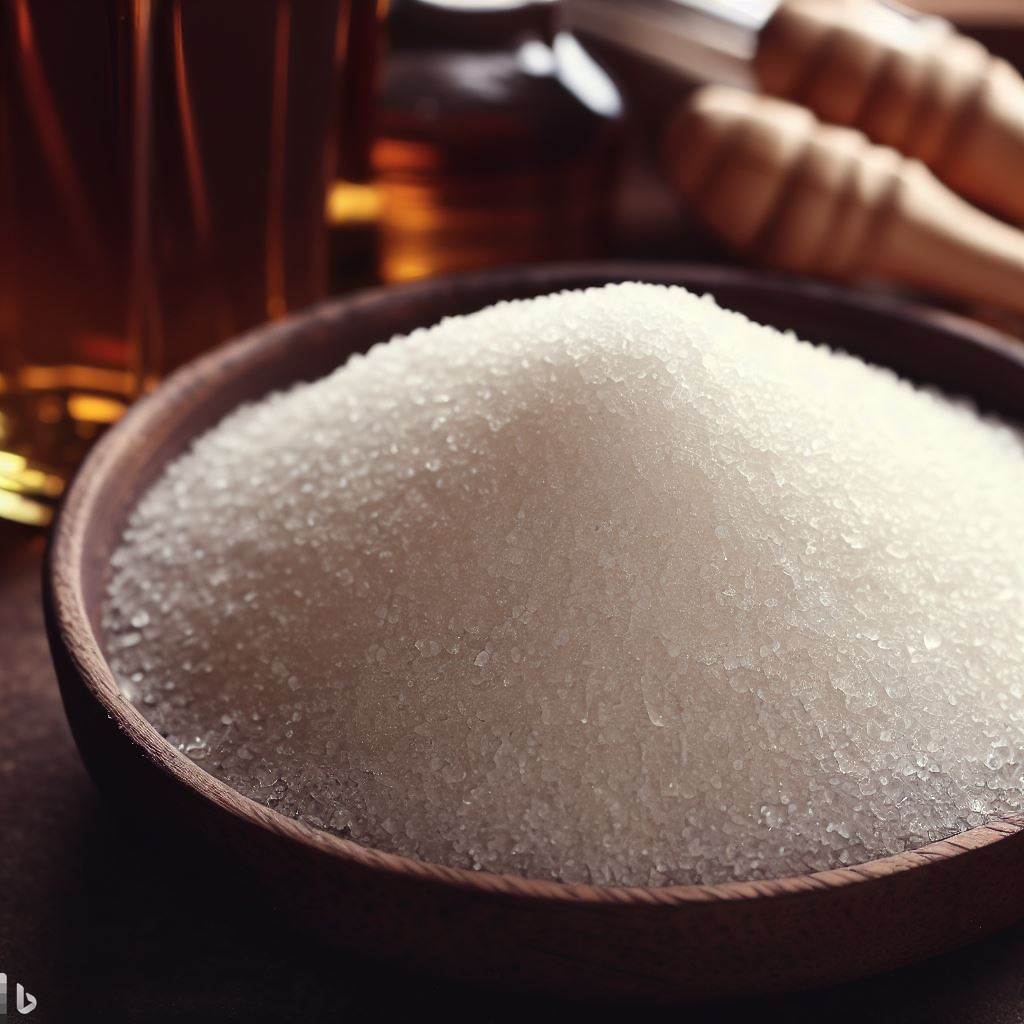Kombucha has gained popularity in recent years as a health-promoting beverage with various potential benefits. Electrolytes, on the other hand, are essential minerals that play vital roles in the body’s functions. This blog post aims to explore the connection between Kombucha and electrolytes, examining whether Kombucha contains electrolytes and the potential implications for our health.
Does Kombucha Contain Electrolytes? Exploring the Electrolyte Content of Kombucha

Electrolytes are minerals in the body that carry an electric charge when dissolved in fluids like blood. These charged particles are crucial for maintaining proper fluid balance, transmitting nerve signals, and supporting muscle contractions. Some common electrolytes include sodium, potassium, calcium, and magnesium.
Kombucha: A Brief Overview
Kombucha is a fermented tea beverage known for its tangy flavor and potential health benefits. It has a long history and is believed to have originated in East Asia. The brewing process involves fermenting sweetened tea with a symbiotic culture of bacteria and yeast (SCOBY) that forms a floating layer on the surface.
Nutritional Composition of Kombucha
To understand whether Kombucha contains electrolytes, let’s first examine its overall nutritional profile. Kombucha is low in calories and typically contains carbohydrates, such as sugars from the sweetened tea used in the fermentation process. It also contains small amounts of vitamins, minerals, and organic acids.
Electrolytes in Kombucha
While the primary focus of Kombucha is not its electrolyte content, it does contain trace amounts of electrolytes. The specific electrolytes present in Kombucha can vary depending on factors like the type of tea used, fermentation duration, and added ingredients. Some electrolytes that may be found in Kombucha include potassium, sodium, calcium, and magnesium.
It’s important to note that the electrolyte content in Kombucha is relatively low compared to specialized sports drinks or electrolyte-enhanced beverages. However, Kombucha can still contribute to overall electrolyte intake as part of a balanced diet.
For example, a 16-ounce serving of Kombucha may contain approximately:
- Potassium: 20-50 mg
- Sodium: 5-10 mg
- Calcium: 5-10 mg
- Magnesium: 2-5 mg
These amounts may vary depending on the specific brand or homemade recipe. Nonetheless, it’s worth mentioning that Kombucha is not typically consumed solely for its electrolyte content but rather for its potential probiotic and antioxidant properties.
Daily Recommended Consumption of Electrolytes

To put the Kombucha Electrolye amount in perspective, here are some general guidelines for electrolyte intake:
- Sodium: The American Heart Association recommends consuming no more than 2,300 milligrams (mg) of sodium per day for adults. However, individuals with certain health conditions, such as high blood pressure or heart disease, may need to limit their sodium intake further. It’s important to check with a healthcare professional to determine the appropriate sodium intake for your specific needs.
- Potassium: The daily recommended intake of potassium for adults is around 2,600 to 3,400 mg. Potassium-rich foods include bananas, avocados, spinach, and potatoes. Adequate potassium intake is essential for maintaining proper fluid balance, supporting muscle function, and regulating blood pressure.
- Calcium: The daily recommended intake of calcium varies depending on age and sex. For adults aged 19-50, the recommended intake is around 1,000 mg per day, while for adults aged 51 and older, it increases to 1,200 mg per day. Calcium is crucial for maintaining strong bones and teeth, as well as supporting nerve function and muscle contractions.
- Magnesium: The recommended daily intake of magnesium for adults is around 310-420 mg for males and 255-320 mg for females. Magnesium is involved in over 300 enzymatic reactions in the body and plays a vital role in muscle and nerve function, energy metabolism, and bone health.
It’s important to note that individual needs may vary, and it’s best to consult with a healthcare professional or registered dietitian to determine the appropriate electrolyte intake based on your specific circumstances. Additionally, it’s advisable to obtain electrolytes through a balanced diet rather than relying solely on supplements or fortified beverages.
Benefits of Electrolytes

Electrolytes play a crucial role in maintaining hydration, nerve function, and muscle contractions. They contribute to fluid balance and help regulate blood pressure. Adequate electrolyte levels are particularly important for individuals who engage in physical activities or endure excessive sweating, as electrolytes are lost through sweat.
Ensuring proper electrolyte balance is essential for optimal bodily functions. Electrolyte imbalances can lead to symptoms like muscle cramps, weakness, fatigue, and irregular heart rhythms. Replenishing electrolytes through diet and beverages is crucial, especially during intense physical exertion or in hot environments.
Health Implications of Kombucha’s Electrolytes
While Kombucha may not be a significant source of electrolytes compared to specialized sports drinks, it can still contribute to overall electrolyte intake. Incorporating Kombucha into a balanced diet may provide additional electrolytes, especially for those who enjoy the beverage regularly.
However, it’s important to consider individual health conditions when incorporating Kombucha into a diet. For individuals with specific health concerns, such as kidney disease or high blood pressure, it is advisable to consult a healthcare professional regarding their electrolyte intake.
Making Kombucha at Home: Tips and Tricks
For those interested in making their own Kombucha at home, here are some tips and tricks to enhance the electrolyte content:
- Use mineral-rich tea: Opt for tea varieties that naturally contain higher levels of electrolytes, such as green tea or oolong tea.
- Add mineral-rich ingredients: Consider adding ingredients like coconut water, which is naturally rich in potassium, or a pinch of sea salt to enhance the electrolyte content.
- Control fermentation duration: Adjusting the fermentation duration can impact the electrolyte content. Longer fermentation periods may result in slightly higher electrolyte levels.
Remember, when brewing Kombucha at home, it’s essential to follow proper safety precautions, maintain cleanliness, and monitor the fermentation process to ensure a safe and enjoyable end product.
Final Thoughts
Finally, while Kombucha contains trace amounts of electrolytes, it is not primarily consumed as an electrolyte-rich beverage. However, incorporating Kombucha into a balanced diet may contribute to overall electrolyte intake. Electrolytes play vital roles in hydration, nerve function, and muscle contractions, making their replenishment crucial for optimal health. If you’re looking for a refreshing beverage with potential health benefits, Kombucha can be a valuable addition to your lifestyle.
FAQ – Does Kombucha Contain Electrolytes?

Q1: Is Kombucha a good source of electrolytes? A1: While Kombucha contains electrolytes, it is not considered a significant source compared to specialized sports drinks. It can contribute to overall electrolyte intake as part of a balanced diet.
Q2: Can electrolyte imbalances be harmful? A2: Yes, electrolyte imbalances can have adverse effects on the body, leading to symptoms like muscle cramps, weakness, fatigue, and irregular heart rhythms. Maintaining proper electrolyte balance is essential for optimal health.
Q3: How often should one consume Kombucha for electrolyte replenishment? A3: There is no specific frequency requirement for consuming Kombucha for electrolyte replenishment. It can be enjoyed as part of a balanced diet and hydration routine.
Q4: Can homemade Kombucha have varying electrolyte levels? A4: Yes, the electrolyte content of homemade Kombucha can vary depending on factors like the type of tea used, fermentation duration, and added ingredients.
Q5: Are there any risks associated with drinking Kombucha? A5: While Kombucha is generally considered safe for most people, there are some risks associated with homebrewed Kombucha, such as contamination or improper fermentation. It’s important to follow proper brewing practices and ensure cleanliness to minimize potential risks.
Thanks for reading our GMK Article about Kombucha and Electrolytes. Read on Booch Enthusiast!







